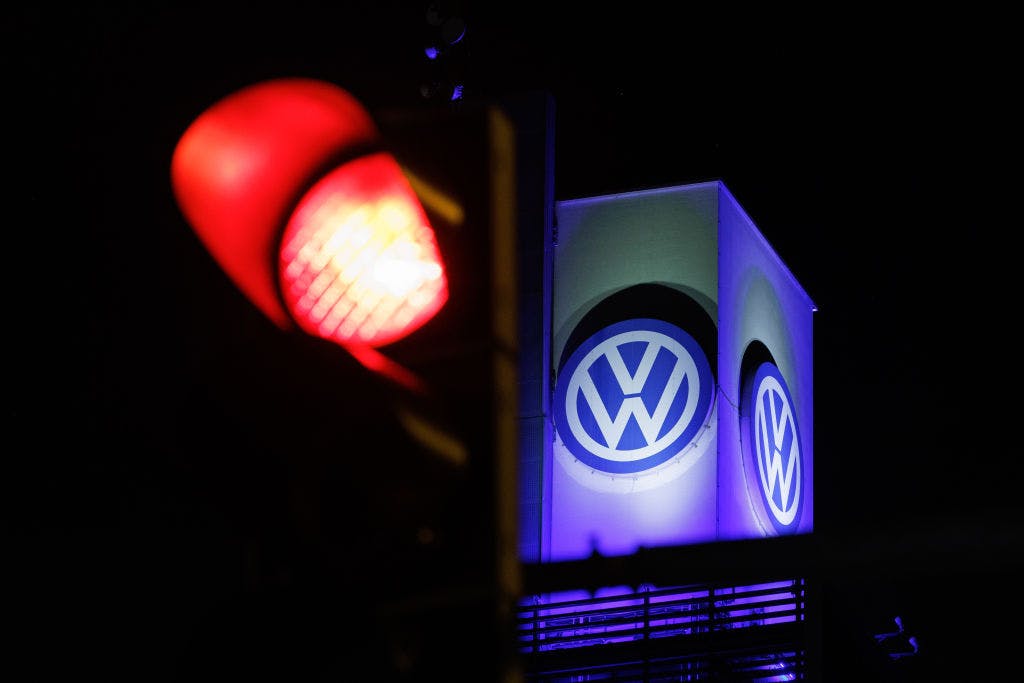Volkswagen scraps “import fee” and joins rivals in temporarily freezing US car prices
Volkswagen joins Hyundai, Ford, Stellantis, and Toyota in giving a specific timeline for its tariff-proof US pricing.
Europe’s largest automaker appears to be pivoting its US tariff strategy, at least until June.
Volkswagen said it will freeze its US prices through the end of next month, a U-turn from reports earlier this month that the automaker would tag all tariff-affected vehicles into the US with an “import fee.” VW’s North America CEO now says those reports were the incorrect interpretation of communication between the automaker and its dealer network.
Earlier this month, Volkswagen’s Audi brand said it’s holding vehicles that arrived after the initial 25% auto tariffs went into effect in US ports.
By keeping prices steady until the end of spring, Volkswagen mirrors the strategies of rivals Ford and Hyundai, both of which announced price freezes until early June. Stellantis and Toyota won’t raise the cost of their vehicles until at least the end of April (ahead of additional 25% tariffs on auto parts that take effect May 3).
Price freezes, discounts, and fear of coming price hikes caused car sales to surge in March. The Census Bureau on Wednesday estimated that retail sales at motor vehicle and parts dealers — adjusted for seasonality but not price changes — rose to nearly $144 billion last month, up 8.8% from the same month last year.
Automakers’ tariff pricing strategies appear to have a close relationship to their US inventory levels. VW this month said it has enough US inventory for two months of sales (37,000 vehicles), matching the length of its price freeze. After that point, many experts anticipate wide-ranging price hikes across the auto industry.
“All signs point to higher prices this summer, as existing ‘pre-tariff’ inventory is sold down to be eventually replaced with ‘tariffed’ inventory,” Cox Automotive analyst Erin Keating said this month.
On Monday, President Trump suggested that some form of relief from his tariffs could be coming for automakers that are in the process of shifting production to the US.
